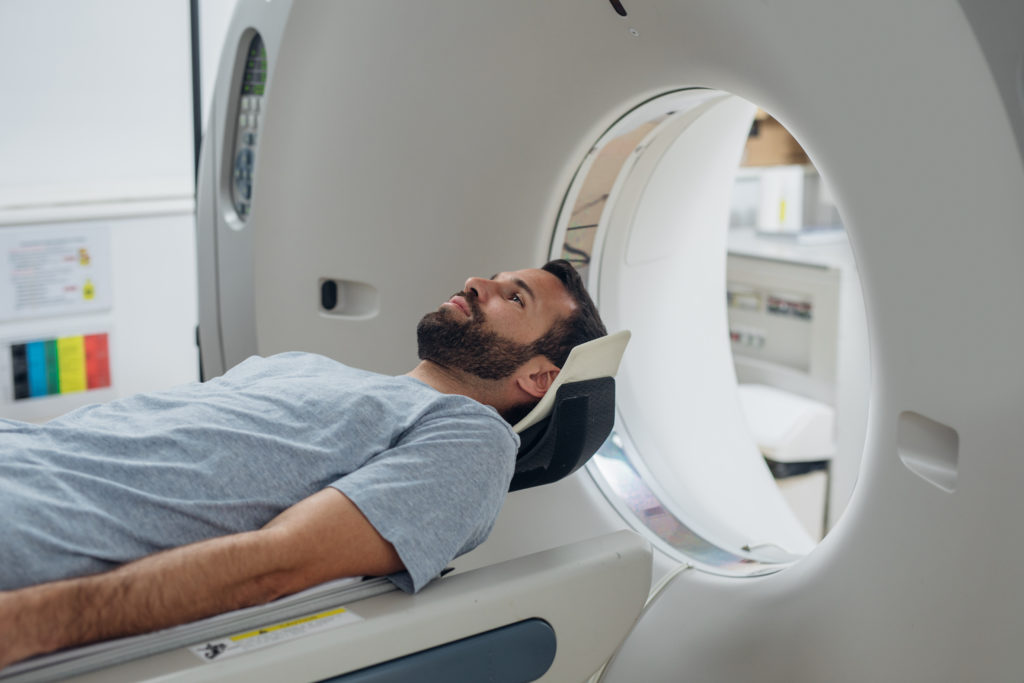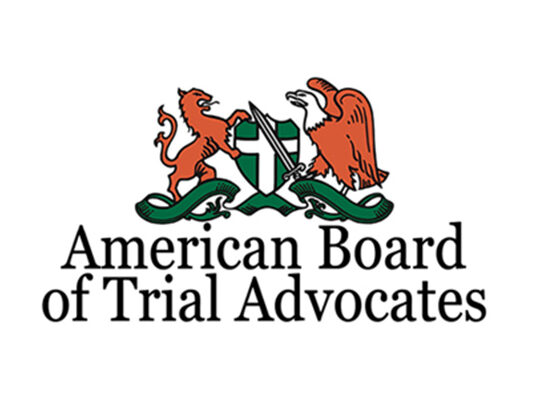Car accidents are more prevalent these days. In 2020 alone, Florida has already recorded more than 187,218 injuries and 2,809 fatalities from over 300,000 crashes. While some crashes result in serious injuries or even death, others leave accident victims with severe internal injuries, often with delayed or no visible signs. That’s why it is always critical to seek medical attention immediately after a car accident, even when you don’t have visible injuries.
7 common delayed injuries & symptoms after a car accident

1. Headaches
It’s not uncommon to experience headaches after an auto crash. Although headaches can be benign and even fade away on their own, pay close attention if they start happening after a car accident, particularly a rear-end collision. Headaches can indicate that you have other severe internal injuries such as concussion, whiplash, blood clots in the brain, head injuries, or neck injuries. That’s why you shouldn’t sit and wait for them to go away. Instead, visit a reputable doctor with experience in handling car accident injuries to see if you have any hidden injury that could lead to serious health complications in the future.
2. Traumatic brain injury (TBI)
According to the Centers for Disease Control and Prevention, car accidents are the second leading cause of traumatic brain injuries. If you hit your head in a car crash, the brain can be forced against the skull’s hard part, causing bruising, bleeding, or even swelling to the brain. This could pose a risk of a life-altering traumatic brain injury (TBI).
Delayed injury symptoms for a TBI may include problems with memory, hearing, vision, and movement. Sometimes, notable mood or behavior changes in the days or weeks after a crash could be a sign of a TBI. Regardless of how you feel in the rush after an accident, you must see a doctor right away if you are hit in the head to avoid the life-threatening and long-lasting consequences of a traumatic brain injury.
3. Neck and shoulder injuries
Necks and shoulders absorb a lot of trauma during a crash. In particular, neck injuries often happen when the muscles, joints, and nerves around the neck are overextended over their standard range of motion. Shoulder injuries, on the other hand, happen as a result of more pressure being exerted on the body by a seat belt.
While pain in the neck and shoulders may be felt immediately after an accident, sometimes pain may not be noticed until after a few hours or days, when the adrenaline has died down. It would help your injury claim to seek medical attention and have X-ray or MRI results to determine the cause of the neck or shoulder pain. Doing so will help identify any problems and help you seek medical treatment in time for a smoother and fuller recovery.
4. Back pain
If you start feeling back pain after an auto crash, it may be a sign of whiplash, sprain, spinal injury, soft tissue injury, or herniated disc. All of these are common hidden injuries after a car accident, with whiplash being more prevalent in rear-end car accidents. Symptoms of a more serious spine injury can sometimes take days, even weeks, to fully manifest, but can be caught early through tests and imaging like an MRI or CT-scan.
5. Internal bleeding
Internal bleeding is likely after a car accident, causing trauma to blood vessels within the body, preventing them from clotting or repairing themselves. It is usually characterized by deep bruising with purplish skin, swelling, abdominal pain, lightheadedness, dizziness, and fainting in extreme cases. Like most other hidden injuries, internal bleeding will not display signs until after a few hours or days. Considering that this injury can be fatal, fast diagnosis and treatment are vital.
6. Numbness
If you have been involved in a car crash, it’s possible to suffer nerve damage. This injury often causes numbness or unusual sensation (tingling) in various parts of the body, especially hands and arms. To avoid long-term complications that come with damaged nerves, you owe it to yourself to find a reputable neurologist for help. Other options for treatment include physical therapy that can help reduce pressure on nerves, reducing pain and tingling sensations.
7. Post-Traumatic Stress Disorder (PTSD)
PTSD often happens after any traumatizing event, such as a car accident. It’s common for car accident victims to develop a fear of sitting in a vehicle or even driving. Although it may seem subtle, at least at first, it can gradually worsen as time goes by, affecting your quality of life.
Whether you have disturbing flashbacks, nightmares, or car-phobia, a psychologist can help you cope. Getting help as soon as possible helps you identify PTSD in time, provide medical records for your injury claim, and recover faster.
Experiencing delayed injuries? Contact our injury attorneys now
After a car accident, the best thing you can do is seek medical attention immediately. Whether your injuries are visible or not, a doctor will assess your health status and identify the nature of any medical condition. Not only will speedy medical attention put you on the path to a faster recovery, the process will provide valuable evidence to strengthen your injury claim against the person responsible for your accident.
If you’re experiencing any of the above delayed injuries and symptoms, act fast and contact our Daytona Beach personal injury attorneys to learn how you can pursue full compensation for your current, and possible future damages. Give us a call today at 386-255-6400 to schedule your free consultation.











